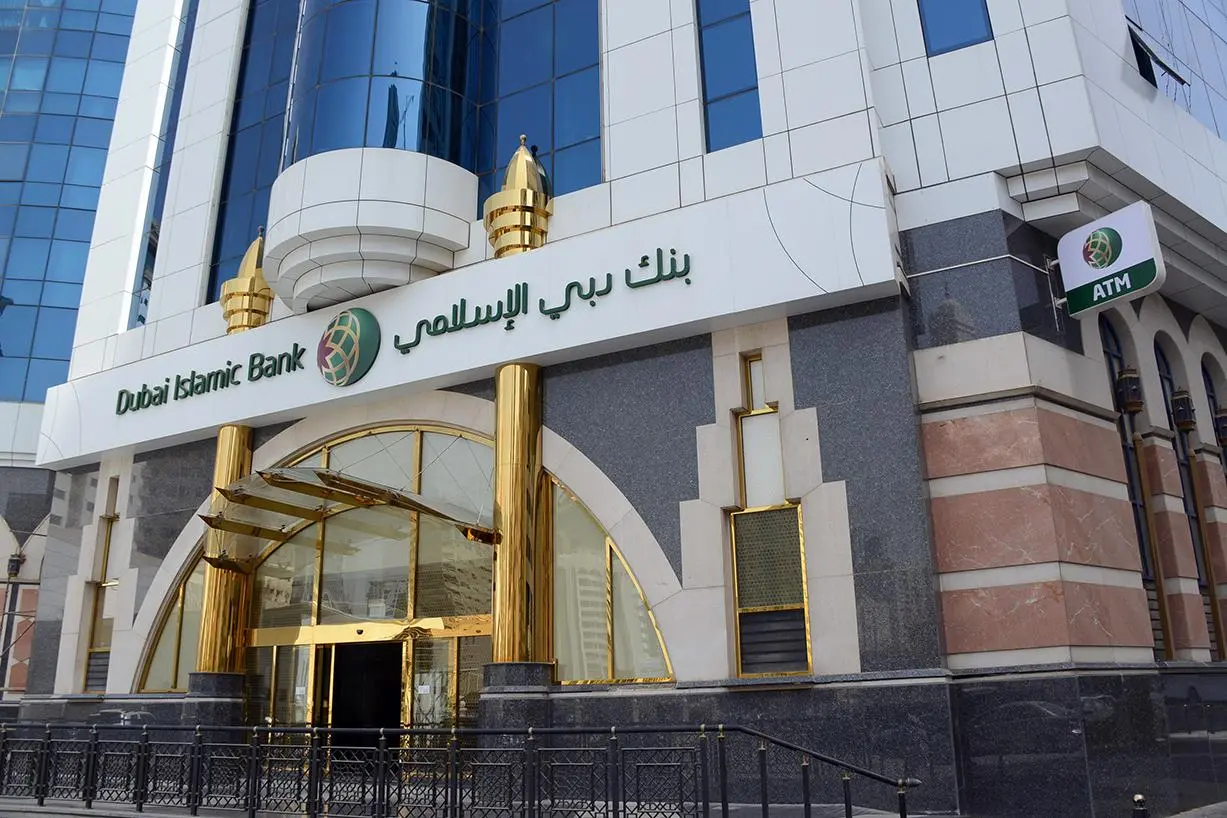PHOTO
Dubai Islamic Bank (DIB), the largest Islamic bank in the UAE, has posted a net profit of Dh4,015 million ($1.09 billion) for the nine months (9M) ending September 2019, up 8 per cent year-on-year (YoY) compared to Dh3,701 million during 9M 2018.
Total Income reached Dh10,250 million, up by 20 per cent YoY compared to Dh8,532 million, while net operating revenue grew to Dh6,877 million, up 14 per cent YoY compared to Dh6,055 million.
Operating expenses were stable at Dh1,771 million vs Dh1,754 million in 9M 2018 and net operating profit before impairment charges grew by 19 per cent YoY to Dh5,105 million.
Mohammed Ibrahim Al Shaibani, Director-General of HH The Ruler’s Court of Dubai and chairman of Dubai Islamic Bank, said: “Amidst a subdued global environment, the UAE banking sector continues to demonstrate strength and resilience with total assets of more than $700 billion, growth of 9 per cent YoY. The sector today has the largest share of total listed banking assets in the GCC at more than 30 per cent.”
“The on-going economic reforms particularly in strengthening the private sector has boosted the non-oil portion of the economy on the back of an expansionary budget and supportive fiscal policies.
“The UAE has continued to emphasize its position as a global business hub, by leading the Arab World in the recent World Economic Forum 2019 Global Competitiveness Index. The country’s current position amongst the top 25 in the world has been largely driven by several innovative measures by the government to ensure the presence of an environment that is attractive to both local and global investors alike,” he added.
Abdulla Al Hamli, DIB managing director said: “In line with the national Emiratization agenda, DIB remains committed in developing talent and leadership skills within the bank with Emiratisation ratio now reaching close to half of the workforce. This has been a key element of the bank’s heritage and strategy which aims to grow and develop future leaders to support the global ambitions of the UAE.
“The Islamic banking sector in the UAE continue to remain robust with assets crossing Dh560 billion and a healthy 23 per cent domestic market share. DIB continues to be the market leader in UAE and remains committed to accelerate the penetration of the sector in the wider economy.”
Dr Adnan Chilwan, Dubai Islamic Bank Group chief executive officer, said: “DIB’s fundamentals remain strong with profitability reaching Dh4.0billion, up by 8 per cent YoY whilst focus on delivering strong returns to our shareholders continues with ROE at 17.6 per cent.
“The quarter saw both Moody’s and Fitch re-affirm the bank’s credit ratings with a ‘stable’ outlook signifying the strength of the franchise to navigate through the current global economic environment and sustain profitable growth.
“Focus on quality growth has seen a double digit rise in the top line income of 20 per cent which combined with efficient cost management has translated into cost to income ratio being stable at 27.9 per cent, amongst the best in the market. Given the bank’s future plans around digitalization, we expect to remain around these levels going forward.
“Net profit margin at 3.16 per cent has now surpassed the highest end of the guidance and remains amongst the top in the domestic banking sector.
“DIB continues to be very well capitalized, with both CAR and CET1 at 17.6 per cent and 13.1 per cent, well above the regulatory requirements of 13.5 per cent and 10 per cent respectively,” he added. – TradeArabia News Service
Copyright 2019 Al Hilal Publishing and Marketing Group Provided by SyndiGate Media Inc. (Syndigate.info).





















